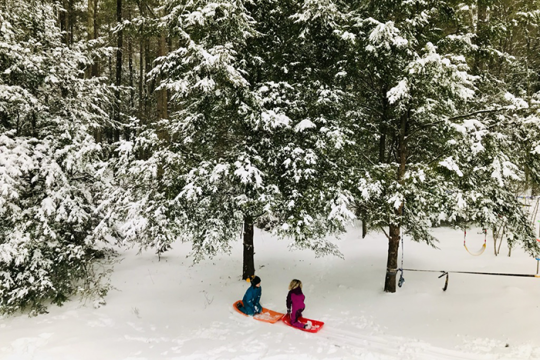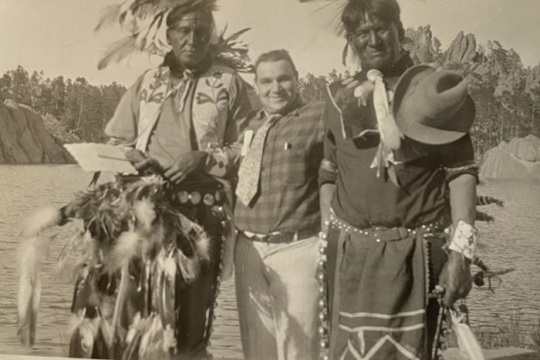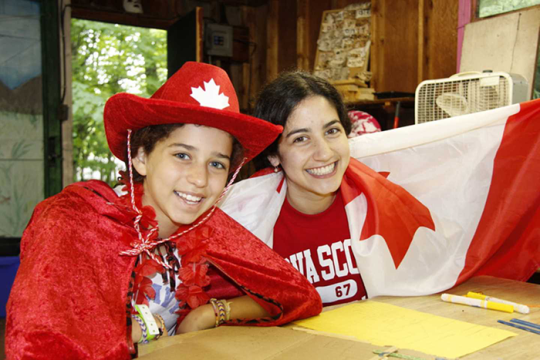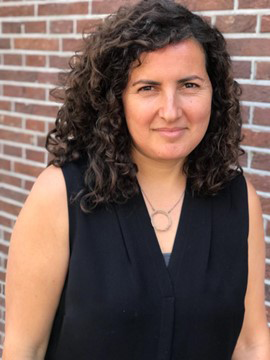
New Year's Day and the traditional resolutions that accompany it invite us to take stock of our lives. Are we living our lives to the fullest? Can we imagine a future in which the commitments we make for ourselves (e.g., healthier habits around eating and exercise) actually come true? What will it take this year to really change?
I see all the ads for reduced gym memberships and discounted weight loss programs and am reminded of our very human drive to live our best lives - and the market's readiness to seize upon that desire.
Why don't many of the promises we make around New Year's lead us to the change we are hoping for? As we near the end of 2021, I can't help but think back to the Jewish new year. Is there something about the architecture of change connected to the Jewish new year that can help us make good on our New Year's resolutions this year?
Let's start by looking at how the language of change differs on the Gregorian and Jewish calendars. The word "resolution" connotes determination to remediate a shortcoming we've identified in ourselves. The image of a resolution is linear. By contrast, the Jewish language for change is "t’shuvah" or return. T’shuvah invites us into a process that includes identifying where we missed the mark and returning to our best selves in an effort to redress our shortcomings. T’shuvah requires a heavy dose of reflective thinking in order to understand how to move away from the behavior that led us to the desire to change in the first place. Different from a resolution, the image I have for t’shuvah is circular. There is something more forgiving about a circle than a line. If we missed the mark the first time around, it's okay, maybe next time we will reach our goal. By contrast, the image of a line is more punitive. If we miss the mark with our resolution, we need to go back to the beginning of the line and start all over again.
Change, as seen from a Jewish perspective, also views t’shuvah as a process as opposed to something we commit to "once and for all" on January 1st. The process begins in the month of Elul and ends at Hoshanah Rabba (when the metaphoric "gates of heaven" begin to close shut). Rosh Hashanah and Yom Kippur represent peak moments on that journey; but, according to Sefat Emet (a 19th C. Hassidic rebbe), the invitation to return to the sense of renewal that we feel at Rosh Hashanah is always present, especially each Rosh Chodesh.
We need time, cyclical time, to review, observe where we fell short, and decide how we want to recommit ourselves. Doing this kind of reflection at weekly intervals (Shabbat) or monthly (Rosh Chodesh) provides us with time to experiment with the change we want enact, practice living it, reflect on what stood in the way of achieving our goal, and try again.
A third way a Jewish lens can add a layer of meaning to the change we seek: instead of focusing solely on personal improvement, we shift our attention towards our interpersonal relationships. When we engage in t’shuvah, there are two broad categories of relationships we seek to mend according to Jewish thought: bein adam l'Makom, between us and our Creator, and bein adam l'chavero, between us and our fellow human beings. Our focus is on the spiritual world and seeing ourselves in relation to something bigger than ourselves. It is also about the relationship between us and those who are closest to.
As you consider which New Year's resolutions to pursue, consider a specific relationship you want to improve. Who have you fallen out of touch with? Are there relationships you can renew? How is your relationship with your spouse? Or your ex? Is there a way to bring clearer communication to those relationships? Is there a child that you want to become closer to? You may also choose to improve your relationship with your spiritual life. Would you like to keep a gratitude journal this year? Pray more? Do more acts of loving-kindness?
If your New Year's resolutions include steps toward self-improvement, seek out a chevruta or an accountability partner to help you. Change is never easy and is not a task that needs to be accomplished alone. Find someone who you can check in with, who can challenge you, and provide encouragement when it's most needed.
Consider a concept in neuroscience known as "neuroplasticity." Our brains do not stop developing at a certain age or stage of our lives. New neural pathways can open, new habits can evolve, enabling new possibilities each passing year. Let's learn from Jewish wisdom how we can apply our ancient models of change to the resolutions we take on in this secular new year.
Related Posts

Winterfaith

The Cost of Free Land

